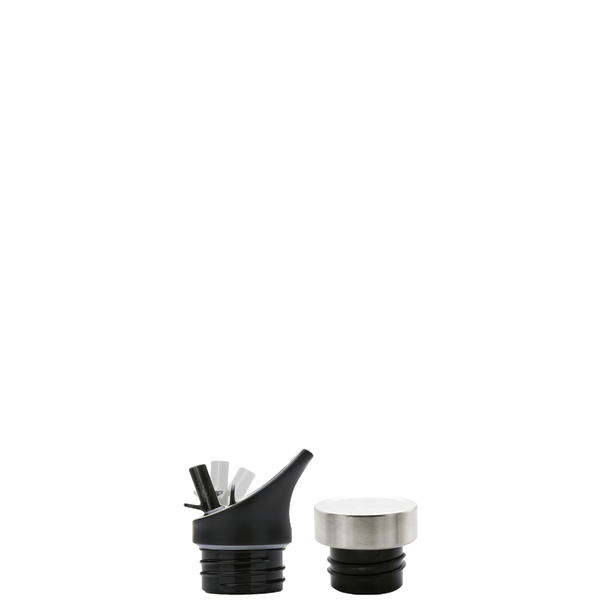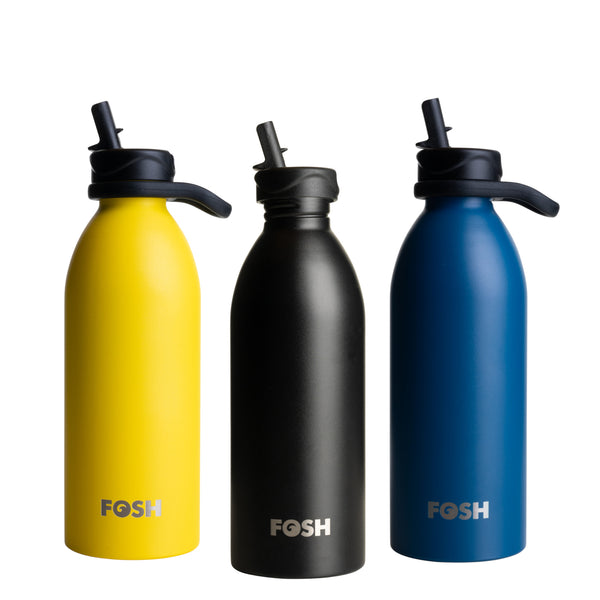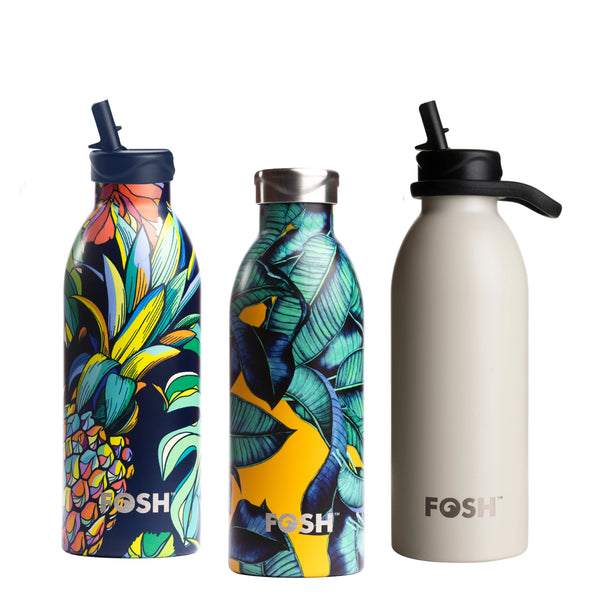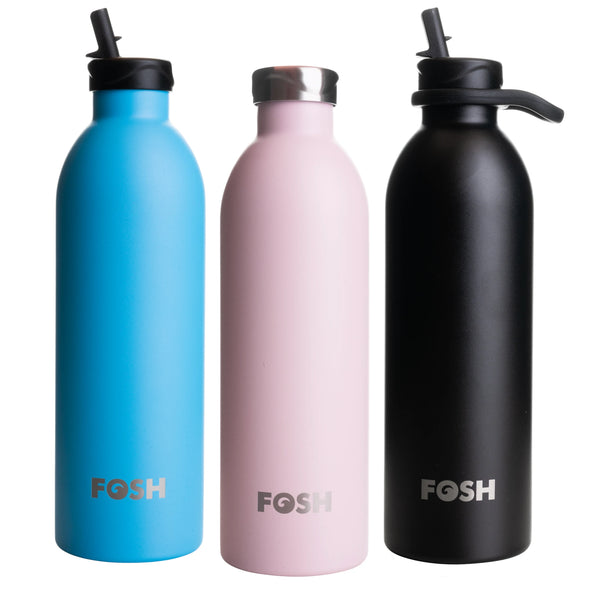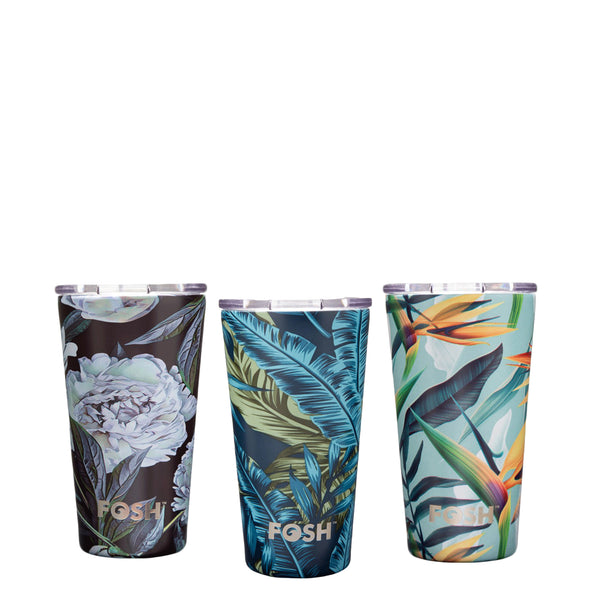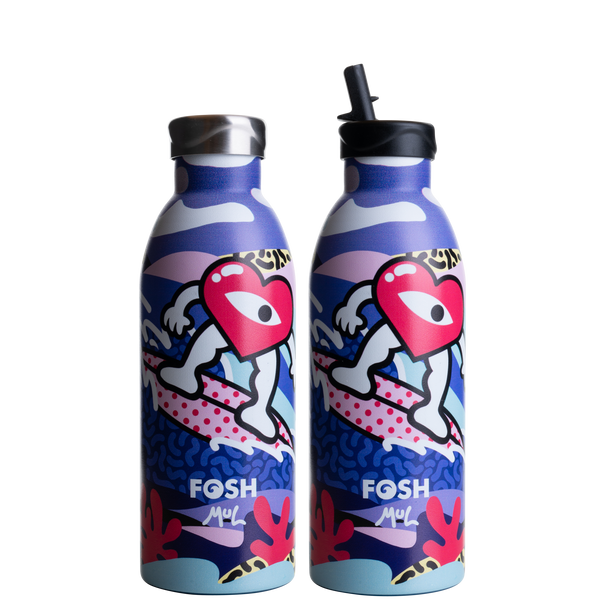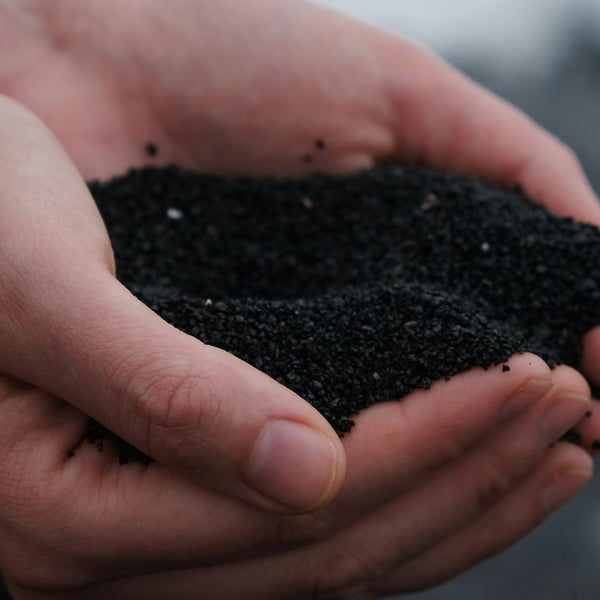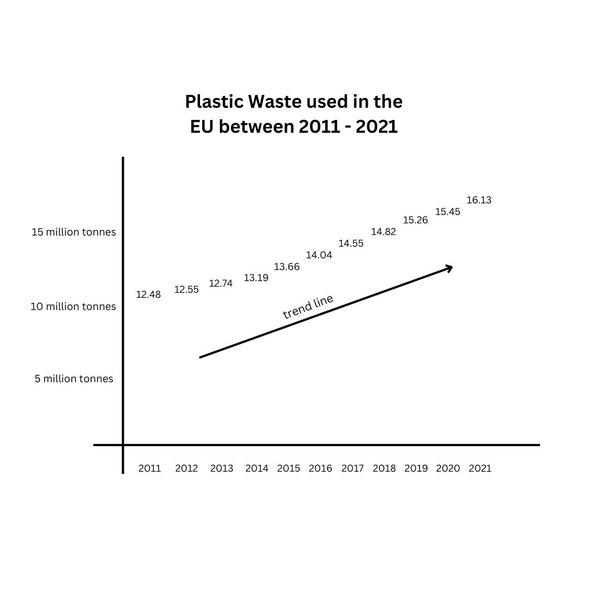15 ways to reduce single-use plastic in the workplace

As we enter into another year, once again we look at how we can be doing that little bit better. Not just at home but also at work and in business. If you are one of the growing number of managers or environmental policy makers at your office then this article is for you.
They often say that the easy ways are the best. Unfortunately when it comes to plastic it appears that there is an exception to the rule. Plastic is convenient at keeping items safe, clean and in good condition. Despite this we are starting to understand that there is quite a considerable catch!
As business managers or owners we have a significant role to play in the eco-friendly habits of our businesses. The growth in sustainability & environmental managers is just one example of this. Here we have put together some practical ideas to help you reduce your single-use consumption in the workplace.
Here are 15 ways you can get the ball rolling today:
1. Carry out a 'plastic audit'
A great place to start is with a plastic audit. Everyday office items can be listed on a spreadsheet where they can be identified and evaluated against your business' current stance. Once your plastic audit is complete sit down and fully digest what's in it. You will get a grasp on the real position, this is not going to solve the problem but you will know what problems you need to solve!
2. Create a 'Plastics Policy'...
Creating an official policy brings plastic in line with other corporate policies and allows greater understanding of the company's policies by its employees. Put a new section in your company handbook so people can refer to it as they need.
3. ... And get your employees on board with it
Reducing plastic is not just an owner's responsibility, it is a team effort (as with business itself). Getting employees on board may be easier than you think. A recent poll by the City of London found that 80% of Gen Z employees expect employers to tackle single-use plastics in the workplace.
4. Confirm the main point of contact
Put someone in charge of the clear-up. Rather than apportioning blame, employees will have a direct line of contact to address any issues they have seen.
5. Avoid over-packaging your products
How many times do we see a box arrive oversized - full of plastic packaging air bags beloved by the likes of Amazon. Offering the warehouse a range of box sizes which is thought through is straightforward enough. You may even find smaller boxes are cheaper to buy and therefore the eco-friendly change may even add to your bottom line!
6. Make sure the plastic you use is recyclable
Of course there are times we need to use plastic so wherever possible lets make sure it is fully recyclable. PET (Polyethylene terephthalate) is the most widely recycled plastic in the world. This type of plastic can be recycled into carpets and clothing made out of fleece.
HDPE (High-density polyethylene) is also very easily recycled into a range of products from detergents to furniture.
7. Make single-use plastic multi-use plastic
Instead of throwing single-use plastic items away try to reuse them. None of us prefer plastic as a packaging material but if it has been made the eco footprint is embedded in the sand. Let’s make the best use of it. Multi-use plastic at least contributes to society, single-use anything must class as wasteful at best.
8. Shift to using compostable labels
Biodegradable labels make so much sense. Once applied they can be composted with the packaging so no need for lengthy removal which in most cases simply gets missed.
9. Eliminate plastic bottles
A very common problem today is plastic water bottles. How many times have you seen Steve return from his lunch break with a bottle of Buxton or Evian in hand? It was probably part of the meal deal. As we have found at FOSH, many of our customers see replacing these with reusable steel bottles a tangible solution that sees instant results. Provide your staff with reusable water bottles and supply filtered water on tap so they can stay hydrated throughout the day. It is also a great example of how business owners can empower their employees with the right tools.
10. Change up your tea & coffee
I guarantee you’ll be surprised by how much single-use plastic is involved in making tea! Most tea bags are based on plastic with tea and coffee being supplied in single-use plastic bags. Then there are milk containers. Switching to glass milk bottles is a solution in this area.
11. Put on a company ‘Plastic-Free Day’
Arrange a day when the use or consumption of single-use plastic is banned within the office. It's not only a great way to raise awareness of the problem, but it can even be used as a team-building activity!
12. Plastic-free office cleaning supplies
Eco-conscious and natural cleaning products are widely available. Make biodegradable surface wipes and refillable bottles commonplace in your office.
13. Ink refills
A far cheaper way to buy ink for printers is to use the vast amount of refill businesses out there. You can generally save money and always reduce waste with these services. Once an ink cartridge has run out you can send it back to a cartridge refurbisher, avoiding landfill.
14. Ban single-use plastic straws
There are so many straw options in today's world - paper, metal or even grass! A ban doesn't need to be the dreadful word that it sounds. Have fun with alternatives and make the change.
15. Consider your waste bins
Do you have two bins in the office? Can employees access recycling on the premises? In addition to this there are a range of biodegradable bin bags available.
Summary
This article was hopefully an interesting insight into the hot topic that is plastic reduction and we hope it has given you some food for thought. As experts in reusable steel bottles we are able to guide you with step #9 should you require any assistance! We wish you all the best on your plastic reduction journey.
